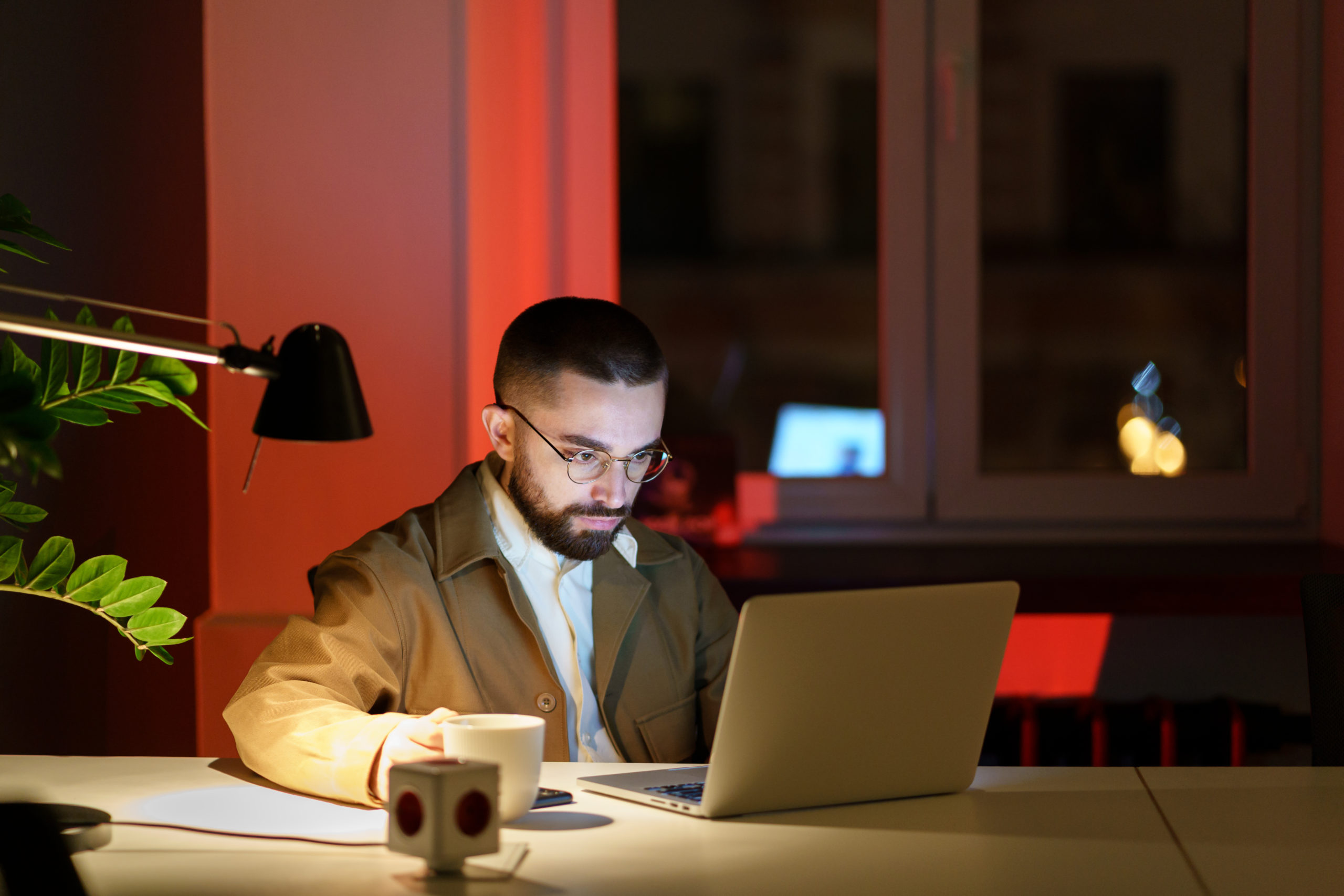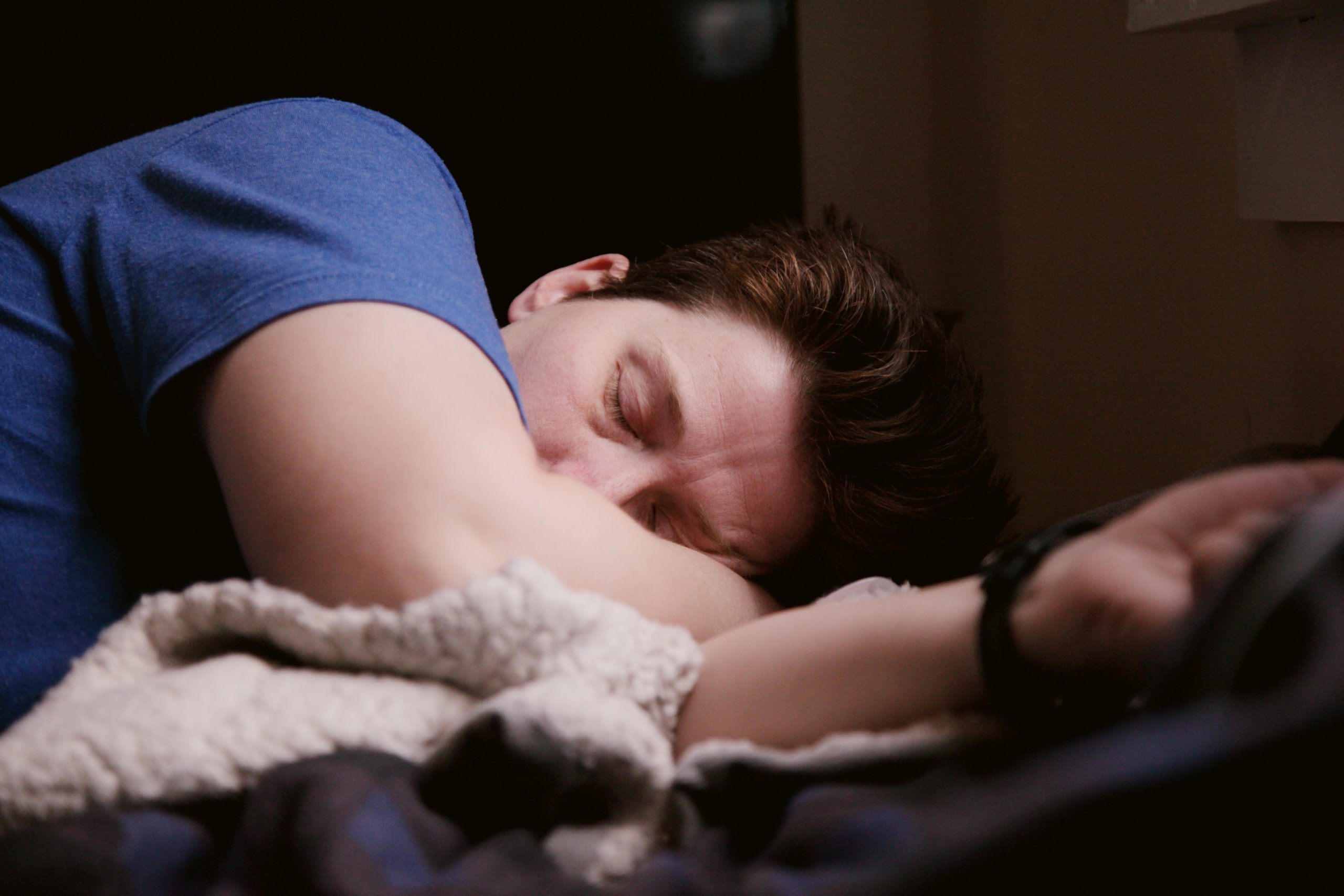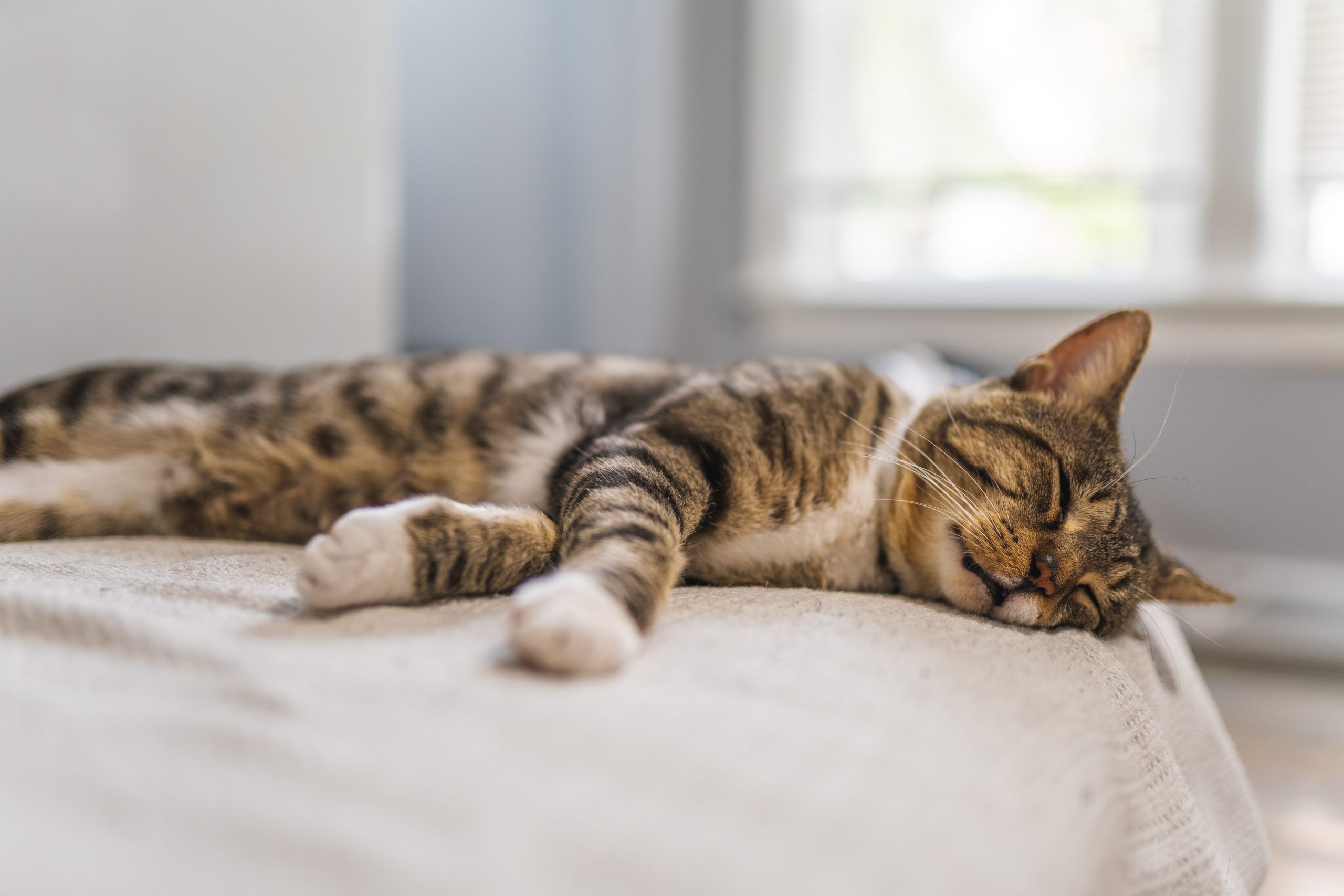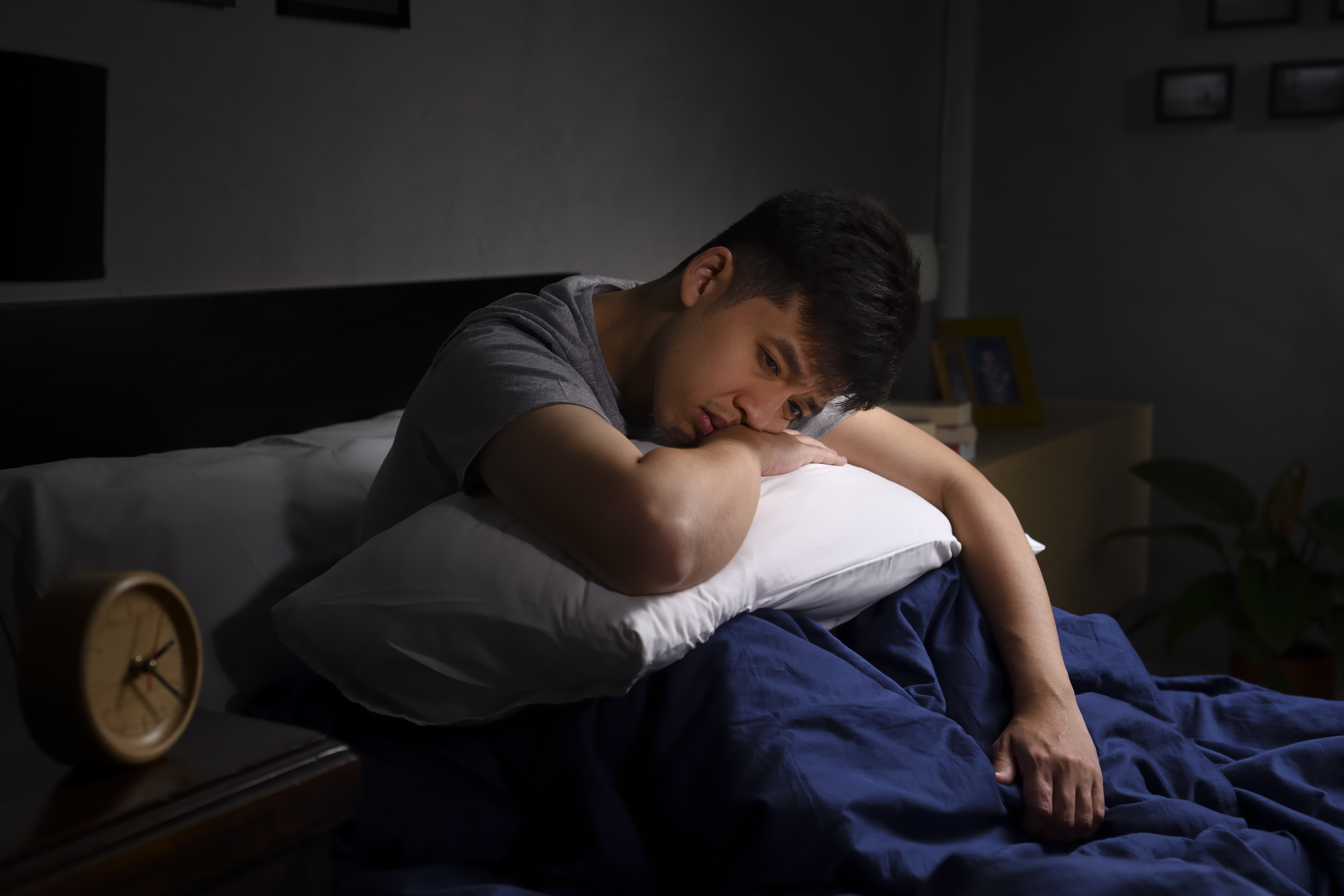
Tips for Shift Workers: How To Get Better Sleep
Shift work is a job that requires you to work at times when most people are sleeping. This can be difficult on your physical health,

Shift work is a job that requires you to work at times when most people are sleeping. This can be difficult on your physical health,

Are you struggling to fall asleep? Are you waking up feeling tired? Does your mind race at night as you try to fall asleep? If

The ideal sleeping temperature is about 65°F, but it can often get a lot warmer in the summer. Sleeping in hot weather can be difficult, and

Has the pandemic affected your sleep schedule? Researchers have noticed an uptick in sleep disorders due to the pandemic. Maybe it’s because of the extended time spent

After a tiring day, everyone wants a comfortable and undisrupted sleep. Many factors like noise and light can disrupt your sleep, causing you to wake

At least 70 million Americans have one of over 80 diagnosable sleep disorders. Examples include insomnia, sleep apnea, restless leg syndrome, and narcolepsy. There’s a clear link

Did you know that 76% of American’s say their daily life is disrupted by a lack of sleep every month? Everyone knows the feeling when their eyes

Research shows that more than two-thirds (70%) of American adults obtain insufficient sleep at least once a month. More than 10% of adults say that they experience

As the nights draw in and you wrap up warm in winter, you’d think it would be easier to sleep at night. But for many people,

Sleep is one of the most important aspects of staying healthy. The brain uses sleep as a way to recharge and refresh itself each night.


